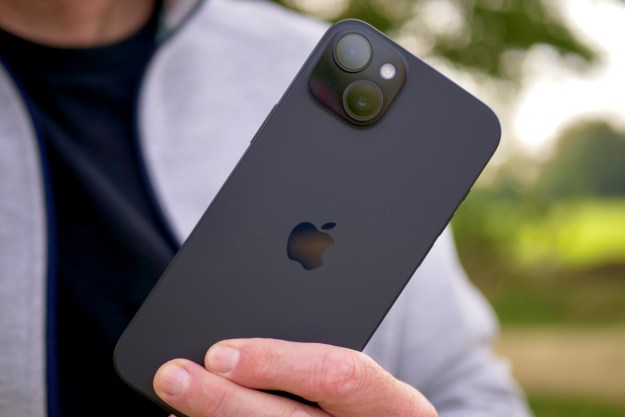Apple has long maintained strict control over the App Store, arguing that doing so helps prevent things like malware, fraud, and other issues that could pop up if it didn’t have that control. While the Apple-versus-Epic legal battle is raging on, Apple is touting its work in keeping the App Store safe — and says that it rejected a hefty 1 million new apps in 2020, and an additional 1 million app updates.
There are a number of reasons why an app would be rejected from the App Store. For example, an app could be found to contain spam, or be built to manipulate users into making an in-app-purchase. Apple says that it rejected 150,000 apps that fall into this category in 2020, along with an additional 48,000 apps that contained hidden or undocumented features.
Of course, many developers employ more advanced tactics to get nefarious apps on the App Store. Apple notes that some developers update their apps to fundamentally change how they work after they’re approved. Doing so will usually result in those developers’ accounts being terminated. According to Apple, around 95,000 apps were removed for violations around fraud, with most of those apps employing bait-and-switch maneuvers. Last but not least, Apple rejects apps that request more data than they need to function properly. Apple says that it rejected over 215,000 apps for privacy violations in 2020.
Over 1 million app submissions were kept out of the store for fraud, privacy violations, and other issues.
After an app is removed, developers can appeal the decision — but Apple says that very few developers actually do so. This is likely because the developers that build rejected apps usually know they’re in the wrong, and stop trying to get their apps approved once they’re caught.
Individual apps aside, Apple says that it terminated around 470,000 developer accounts in 2020, mostly because it was clear that these accounts were activated solely for the purpose of pushing fraudulent or problematic apps. And the company rejected 205,000 developer enrollments due to concerns around fraud.
The timing on this report is no coincidence. Apple is currently engaged in a highly publicized and polarizing legal battle with Epic Games, the maker of Fortnite. At the heart of the battle is Apple’s control over in-app-purchases. Apple requires developers to use Apple’s payment processing system, which leads to Apple taking a 15 to 30% fee — and Epic claims those actions are monopolistic. The other side of that, however, is that Apple says it’s able to prevent fraud around credit card payments, and invest in tech that keeps users safe. It also maintains that the fact that it built the App Store in the first place gives it a right to charge a fee.
Editors' Recommendations
- Apple may release a completely new type of iPhone in 2025
- Dear Apple, I don’t care how thin the iPad Pro is
- You’ll soon be able to control your iPhone and iPad with your eyes
- iOS 17.5 just launched with a huge security feature for your iPhone
- Android phones are about to get a major iMessage feature


